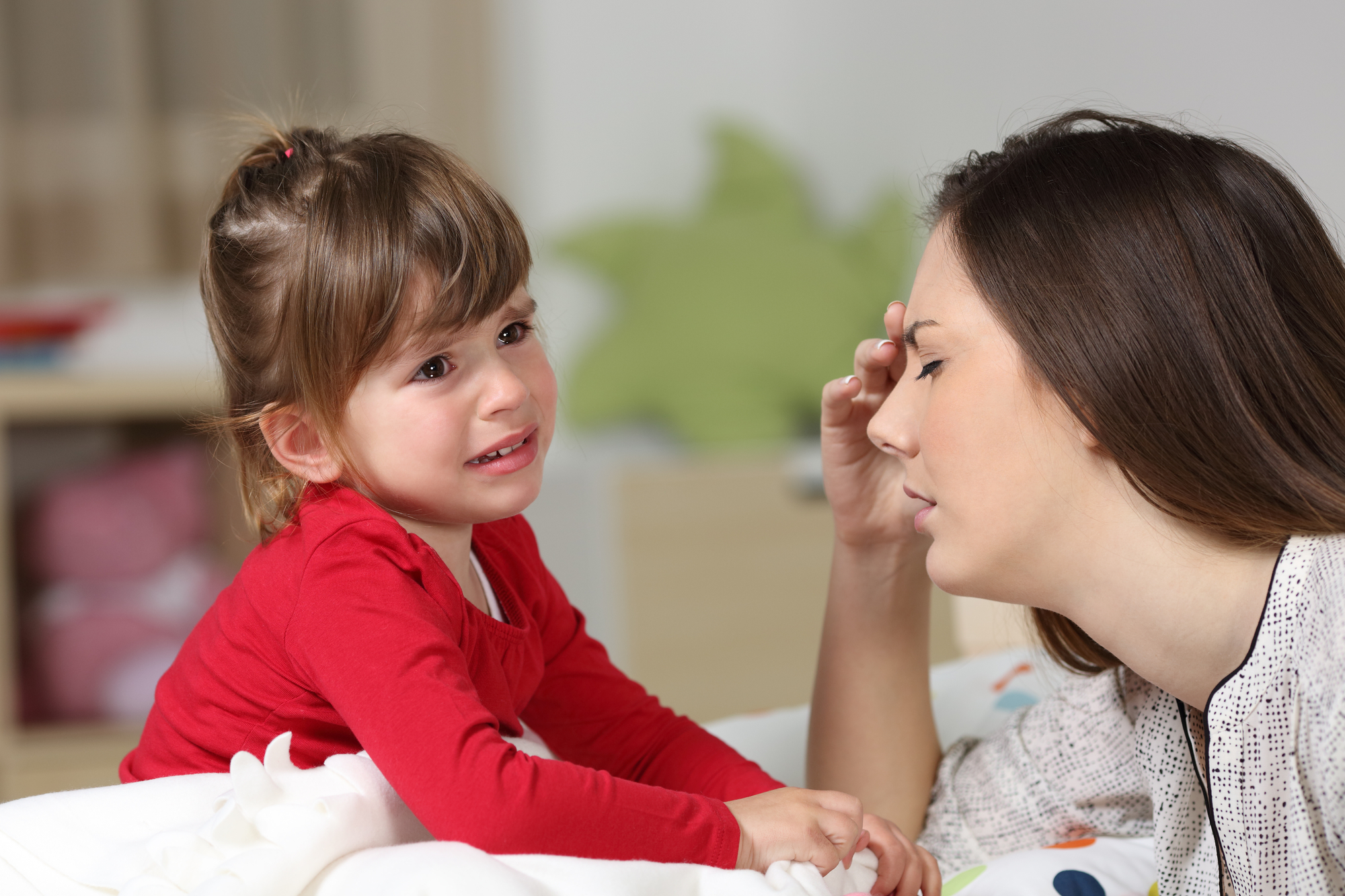Having an allergy (food or bee!) can be anxiety-provoking, and experiencing a life-threatening allergic reaction may instil debilitating fear if left unchecked.
For some children, this may lead to avoidance of food, new experiences, and sometimes social situations. Whilst it is normal to have these fears, they can impact the quality of life of your child.
But don’t worry – there are several ways you can help your child reduce their fear of allergic reactions.
Education is key
Educate your child on their allergy – the more they understand, the less uncertainty there is.
Provide knowledge without fear. This could be in the language you chose when speaking about it. Keep it factual and to the point. This should include education on the steps to follow if your child has a reaction eliciting an anaphylactic response. Have a plan that you and your child can calmly follow, such as carrying an EpiPen, or having emergency numbers at hand.
Be prepared, but not scared – validating fears is important but do not let them linger beyond being helpful.
Make a list
For food allergies, you might want to consider making a list of the foods your child is allergic to, and educating them, as well as their key caregivers, about what they can and can’t have.
Talk it out
If your child has had an allergy reaction in the past, it is important to talk through the experience, understand how it might have happened, and discuss how to prevent a similar situation from happening again. It will be important that your child has a sense of control.
Help your children challenge thoughts about their fears that may not be warranted (e.g., “I will never be able to go to a party” or “no one will be able to help me if I become unwell”).
Help your child communicate what their allergies are in new situations or in meeting new people. If children feel they will be kept safe in new environments, their fear will become more manageable.
Plan ahead
Identify the specific situations where your child’s allergy anxiety may be triggered or heightened and find ways to reduce their stress in that moment, rather than avoid those places or situations.
Relaxation strategies can be helpful in these situations by allowing your child to develop healthy ways to cope with feelings of anxiety, such as square breathing, mindful moments, listening to calming music or doing calming activities such as colouring or drawing.
Acceptance is needed
Help your child accept their allergy by encouraging them to recognise that although it is a part of their identity, it does not have to define them or make life miserable! Point out all the food they CAN eat, and celebrate that.
For bee sting allergies, point out that many people with the allergy have gone on to live full, fear-free lives, but may need to carry an Epipen with them.
Early Start Australia is a national organisation committed to delivering evidence-based early intervention and therapy services to children, young adults and families.









